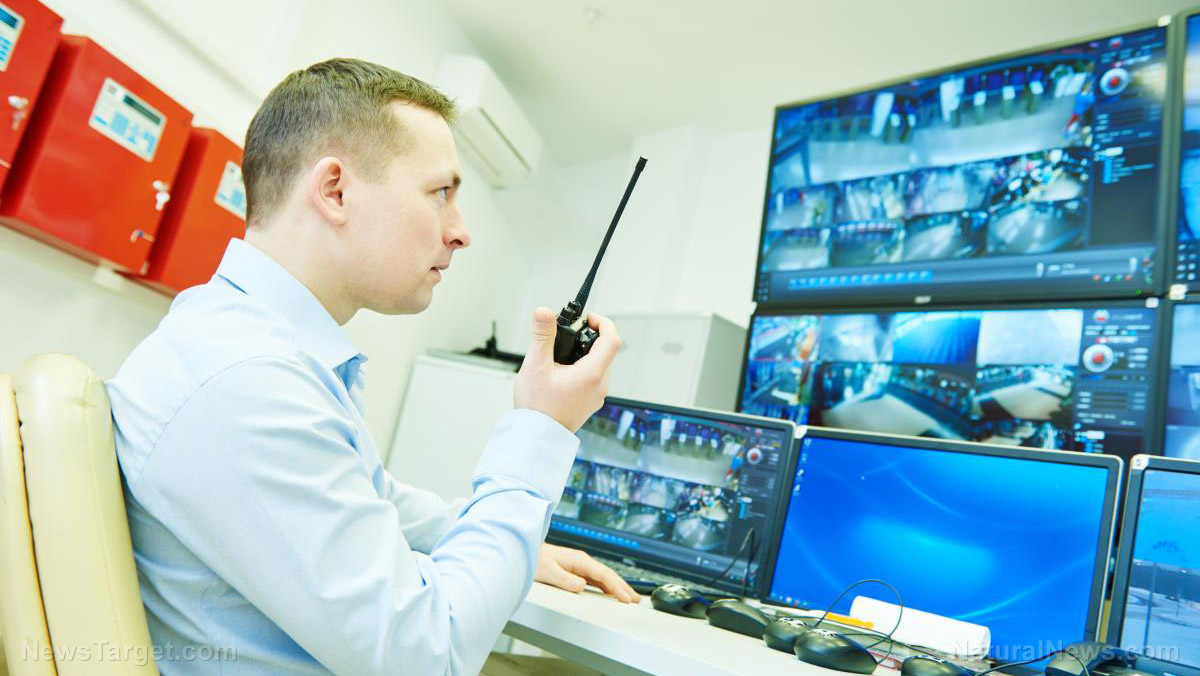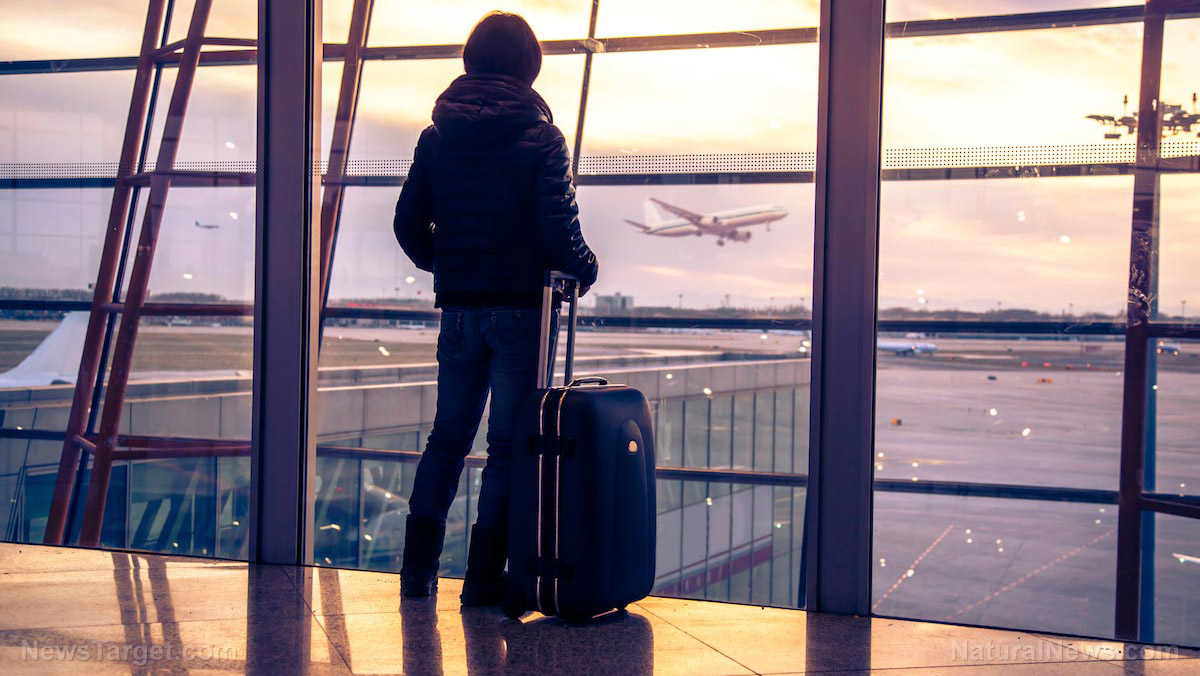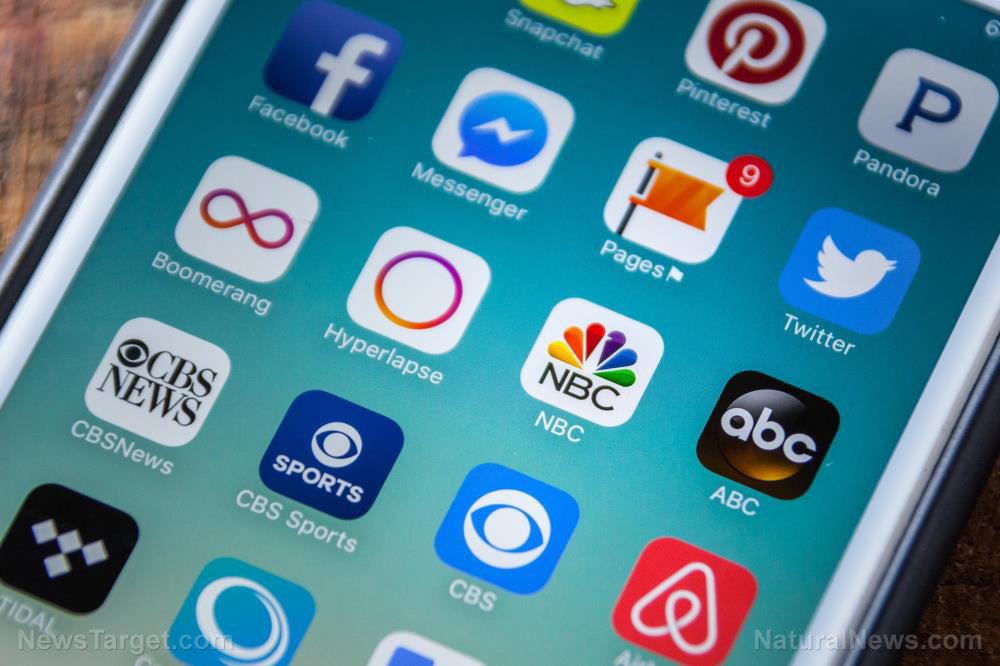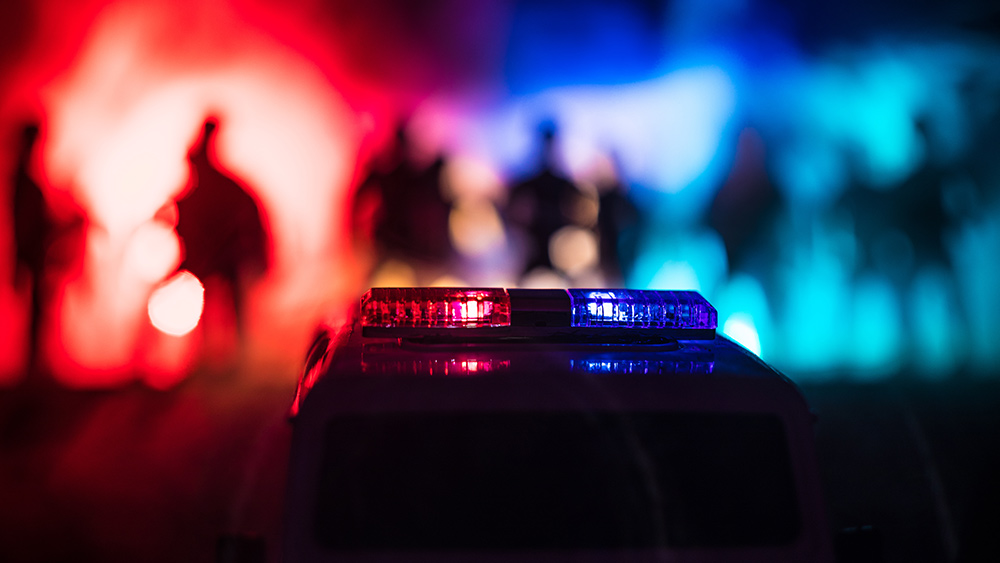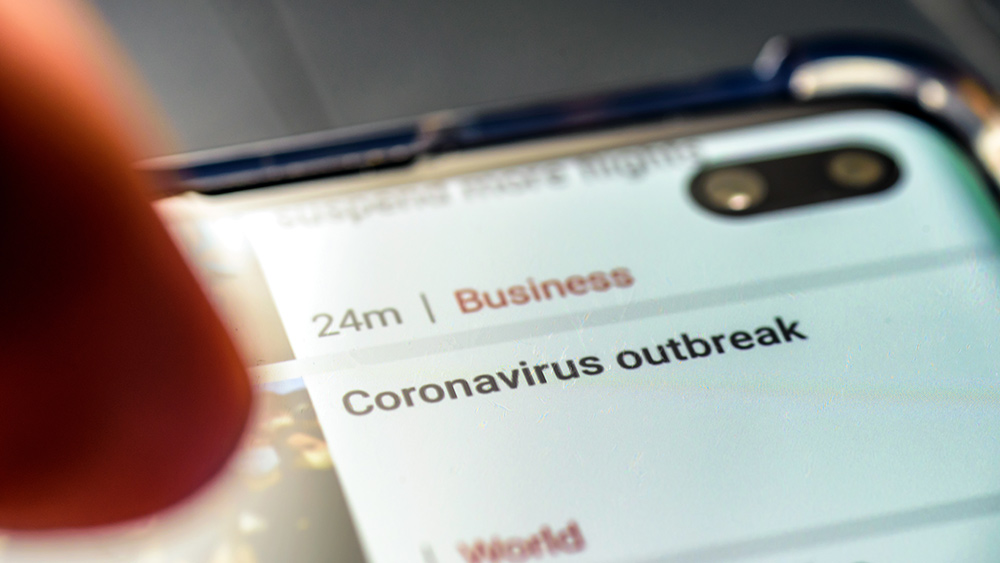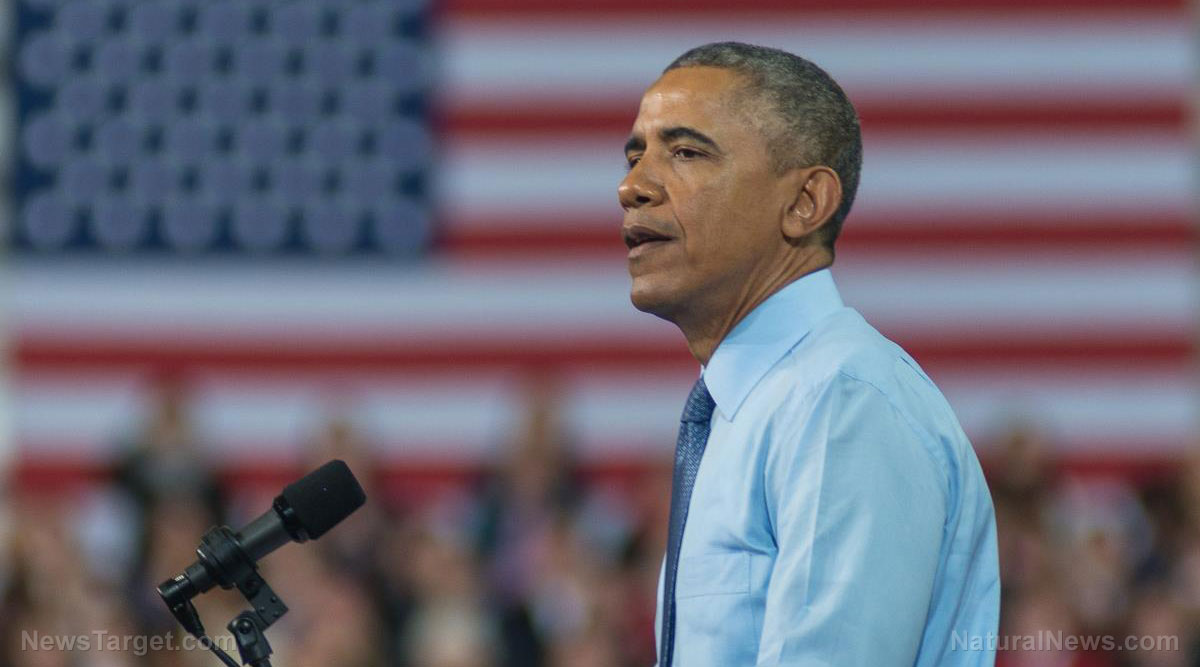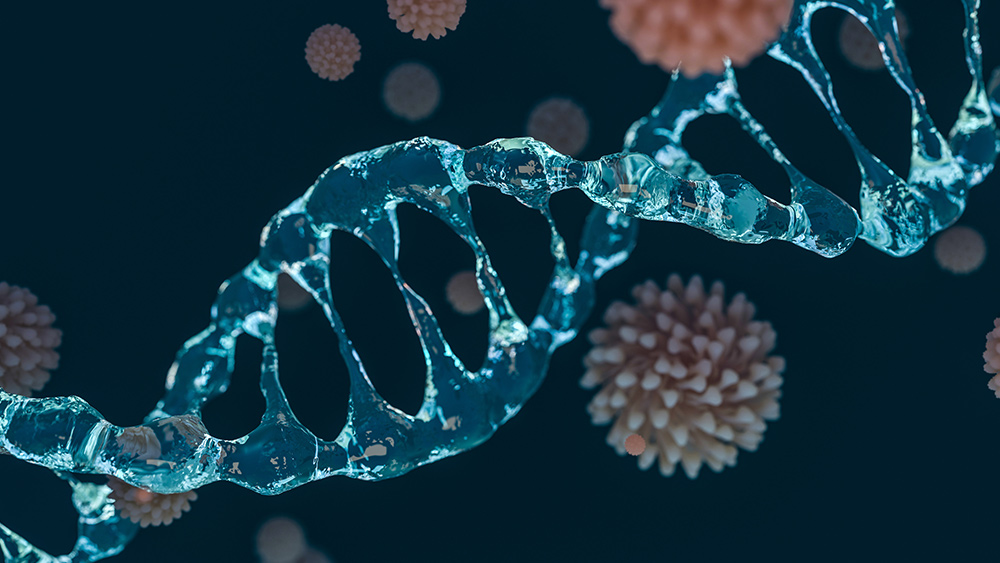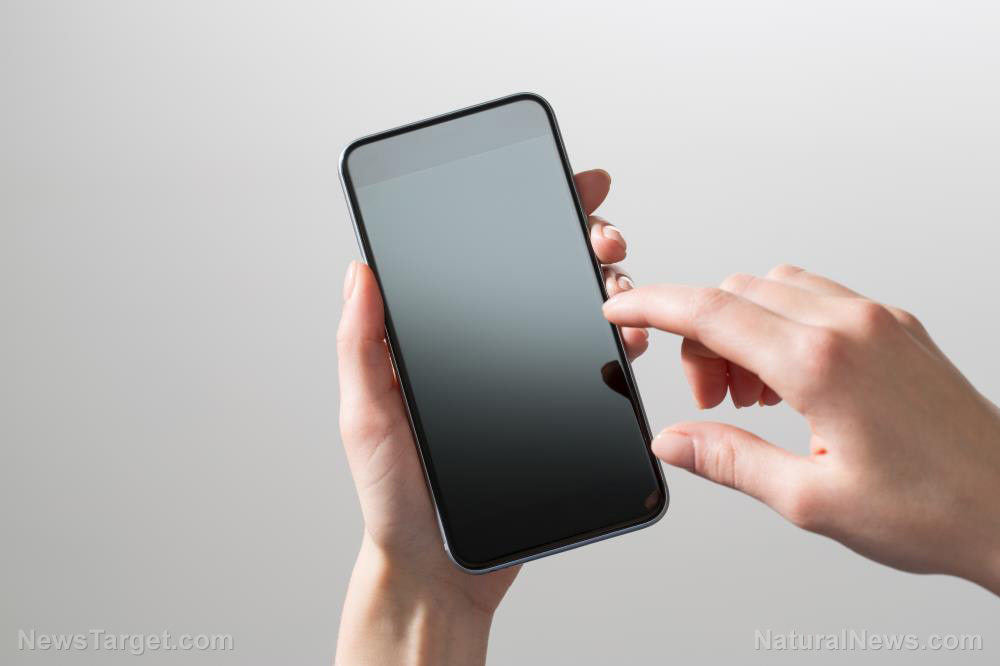Big Tech using face mask selfies to train next generation of AI facial recognition
06/04/2020 / By Ethan Huff
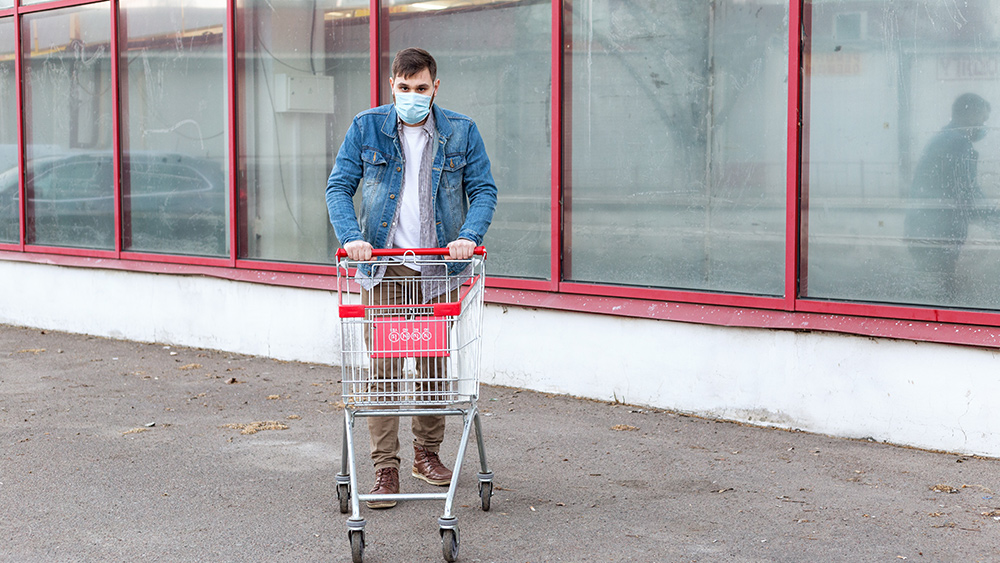
Some have speculated that the push towards face mask-wearing might have the unintended consequence of screwing up the deep state’s plans to implement widespread facial recognition surveillance programs. But do not be fooled: Face masks represent merely the next phase in advanced facial recognition technology.
Believe it or not, artificial intelligence (AI) is right now learning how to identify people even with their face masks on, especially when they willingly cooperate by posting masked “selfies” of themselves on social media. The more people show off their latest macramé muzzles, the easier it is for AI to learn how to spot them in a crowd.
Facial recognition companies are developing new ways to use other facial features, most prominently the eyes, to identify people even when their mouths are not visible. And the more masked photos these companies can obtain to program their software systems, the easier it is to map out the segments of the population that are participating in this “new normal.”
Back in April, a team of researchers published more than 1,200 masked images they collected from Instagram to a “COVID19 Mask Image Dataset” housed at Github. One month prior, communist China did the same thing, putting 5,000 masked photos collected online into its own dataset.
Companies like AI startup Workaround are thus now able to comb through these images, label them as necessary, and contrast them with mask-off photos of the same people as part of the development of their new technology.
“We were inspired by all the companies that were launching free tools and everything they can do to help,” stated Wafaa Arbash, CEO of Workaround. “We have these public images from Instagram, so these are not private images,” he added. “We were just searching and getting the right data.”
If your social media profile is public, expect to have your images captured by AI facial recognition companies and exploited
Though it might sound like a serious privacy invasion, the law technically does not prohibit this type of image-pulling. As long as people’s photos are public, companies like Workaround can legally use them for programming purposes, apparently.
Still, civil liberties advocates warn that facial recognition technology, no matter how it is developed, violates both privacy rights and free speech.
To try to get around the bad optics of this, some AI facial recognition companies are asking their own employees to send in photos of themselves both mask-on and mask-off. But these companies still have to collect other public images in order to successfully accomplish their goals.
Even children’s photos are reportedly being collected by these companies for use in system programming, all without permission, of course. If your images are out there for the world to see, it turns out, then companies can exploit whatever they want of yours without consent.
This is why it is vitally important for people to carefully consider the things they put out there on social media for the world to see, especially when their profiles are not private. If your information is public, the chances of someone out there taking advantage of what you share for their own personal gain are higher than you might think.
“We’re not making any money off of this, it’s not commercial,” claims Arbash about how his company is using people’s masked and unmasked images. “The goal and the intention was to help any data science or machine learning engineers who are working to fix the issue and help with public safety.”
To keep up with the latest news about AI technologies and how they are invading our collective privacy, be sure to check out AISystems.news.
Sources for this article include:
Tagged Under: AI, artificial intelligence, CCP virus, coronavirus, covid-19, face mask selfies, face masks, Facial recognition, masks, next generation, spying, surveillance, train, Wuhan coronavirus
RECENT NEWS & ARTICLES
COPYRIGHT © 2017 SURVEILLANCE NEWS

